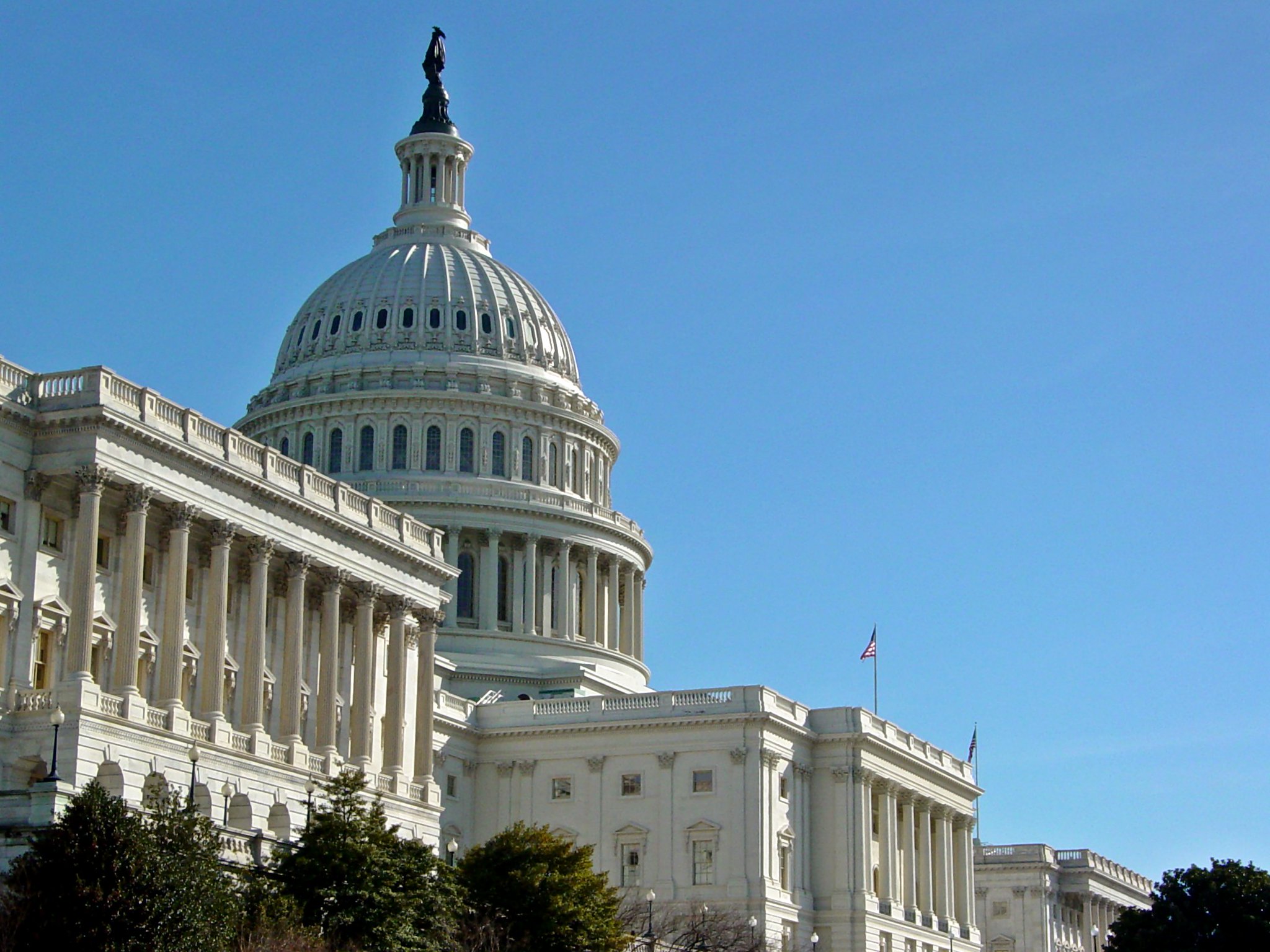Emergency Powers Reform Within Grasp
There is clear bipartisan support for National Emergencies Act reform with an IEEPA exclusion.

Published by The Lawfare Institute
in Cooperation With

The National Emergencies Act (NEA) was one of the great failures of the 1970s reforms to the presidency. The NEA sought to discipline the dozens of presidential emergency power authorizations in the U.S. Code by empowering Congress to terminate emergency declarations by concurrent resolution. But the Supreme Court’s invalidation of the legislative veto in INS v. Chadha (1983) turned this NEA check on its head. Presidents ever since have exercised delegated emergency powers (and renewed them annually in their discretion) that Congress can terminate an emergency declaration only if it enacts new legislation over a presidential veto. Presidents have exercised this practically unchecked power promiscuously, including in many situations that are not real emergencies. Today there are forty-one emergency declarations in force.
The flaws in this system, and the need for reform, have been rehearsed elsewhere. The extraordinary news is that serious emergency powers reform with bipartisan support is within reach. Two days ago, Republican Senator Mike Lee introduced emergency powers reform as an amendment to the National Defense Authorization Act. In a nutshell, the Lee bill would terminate all presidential emergency power declarations after thirty days unless Congress, pursuant to expedited procedures, approves the declaration for a one-year period (which the president can renew only with congressional approval). This reform seeks to recapture the original checks of the NEA in a post-Chadha world. It forces the president to go to Congress and make the case that the presidential exercise of delegated emergency powers is justified. In this way, it also forces Congress to assume joint responsibility for emergency action (and sole responsibility not permitting emergency action).
The Lee Amendment has in various guises received strong bipartisan support. It was included in a bill that Lee sponsored with Democratic Senators Chris Murphy and Bernie Sanders last summer. Provisions similar to the Lee amendment are included in the Protecting Our Democracy Act introduced in the House in September. The Senate Committee on Homeland Security and Governmental Affairs (HSGAC) passed by a voice vote a bill to add to the NDAA that is in most material respects like the Lee Amendment. Fourteen Senators (five Democrats and nine Republicans), including Senator Lee, wrote to Senators McConnell and Schumer in 2019 to urge them to have the full Senate consider the bill. They noted that “Congress cannot continue to cede its powers to another branch, regardless of which party holds a majority.” And they added that the bill was “a small, nonpartisan step toward re-establishing the appropriate checks and balances between the Congress and the Executive that results in a federal government that is truly accountable to the people.” All true.
The emergency powers reform bill that emerged from the HSGAC two years ago with Senator Lee’s support differed from the version that Senator Lee introduced this week in one important respect: the earlier bill excluded from its scope presidential emergency powers exercised under the International Emergency Economic Powers Act (IEEPA). This was a consequential exclusion, since most presidential emergency declarations rely on IEEPA. Nonetheless, for several pragmatic reasons, such an exclusion is appropriate—and vital for the success of emergency powers reform now.
First, IEEPA is an important foreign policy tool with unique considerations that are best addressed through separate reform efforts. IEEPA underlies dozens of sanctions regimes; requiring Congress to reapprove each of them individually on a yearly basis might not be practicable. At the same time, IEEPA suffers from overbreadth and other flaws that won’t be cured through NEA reform. Second, there is reason to believe that without the IEEPA exclusion, emergency powers reform might not have the votes in Congress and would be viewed with a charier eye by the White House. By contrast, there is clear bipartisan support for the reform with the IEEPA exclusion, and a bill with such an exclusion would be easier for any White House to accept. Third, it would be more appropriate to include emergency powers reform in the NDAA with an IEEPA exclusion, since many of the delegated emergency powers that would remain subject to reform, and most of the non-IEEPA emergencies now in force, involve military matters in various ways.
Even with the IEEPA carveout, emergency powers reform is still highly important reform that will reset the balance of power between the political branches in this vital area. At some point, Congress should address both substantive and procedural reform of IEEPA. But now is not the optimal time to do so, and the perfect should not be the enemy of the very good. Senator Lee no doubt understands this. He is already on record supporting this bill with the IEEPA exclusion when it passed out of HSGAC with overwhelming bipartisan support two years ago.
Congressional member time and attention are in limited supply, and there are obviously many competing priorities in the NDAA and in Congress generally. But it would be a shame if Congress did not take the relatively small and easy remaining steps to achieve historic reform of presidential emergency powers.





